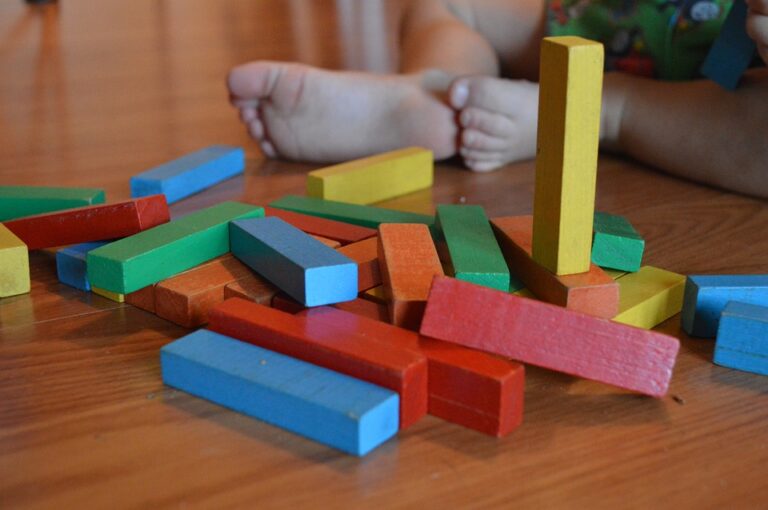
When it comes to education, the early childhood years are often seen as a pioneering phase. This is a crucial time when children are learning and absorbing information at a rapid pace. Understanding the importance of early childhood learning is essential for parents, educators, and policymakers as it sets the foundation for a child’s future academic and social success.
During the early childhood years, children learn valuable skills that form the building blocks for their future learning. This phase is a critical period for brain development, with the majority of a child’s neural connections being formed by the age of five. As such, providing a stimulating and nurturing environment during this time is crucial for supporting cognitive, emotional, and social development.
Early childhood education also plays a significant role in shaping a child’s attitudes and behaviors towards learning. It is during these formative years that children develop their attitudes towards school, their ability to work collaboratively with others, and their willingness to take on new challenges. A positive early learning experience can foster a love of learning that lasts a lifetime.
Additionally, early childhood education helps to address the achievement gap that often emerges early in a child’s educational journey. By providing high-quality early childhood education programs, we can ensure that all children, regardless of their background, have the opportunity to start school on an equal footing. This can have a long-term impact on reducing disparities in academic achievement and social outcomes.
Investing in early childhood education has been shown to yield a high return on investment. Research has demonstrated that children who have access to quality early childhood education are more likely to graduate from high school, pursue higher education, and have higher earning potential in the future. Furthermore, early childhood education can have a positive influence on a child’s health, well-being, and social skills.
As we explore the pioneering phase of education, it is essential to recognize the role of parents, educators, and policymakers in supporting early childhood learning. Parents play a crucial role in creating a nurturing and supportive home environment that fosters a child’s cognitive and social development. Educators have the responsibility to provide high-quality early childhood education programs that are developmentally appropriate, engaging, and culturally responsive. Policymakers must prioritize investments in early childhood education, ensuring that all children have access to high-quality programs that set them up for success in the long run.
In conclusion, early childhood learning is a pioneering phase of education that lays the foundation for a child’s future academic and social success. Understanding the importance of early childhood education is critical for creating a strong educational system that supports the holistic development of all children. By investing in early childhood education, we can ensure that every child has the opportunity to thrive and reach their full potential.
Younger Glowing Skin - Discover Ancient Ayurvedic Secrets at DoctorIndiaHerbals.com
Explore One of the Largest Collections of Dinosaur-Themed Toys, Games, Gifts, Decor, and More at DinoAvenue.com
Discover Premium Design Elevator Shoes for Men and Women at LondonCobblers.com
Discover Hidden Family Destinations for Vacations at Places.Travelz.io
Find the Best Deals on Airfare and Hotels with Advanced Metasearch Technology at www.Travelz.io
30% off on Kids items
STEM science experiments for Kids
Premium Science Toys and experiments